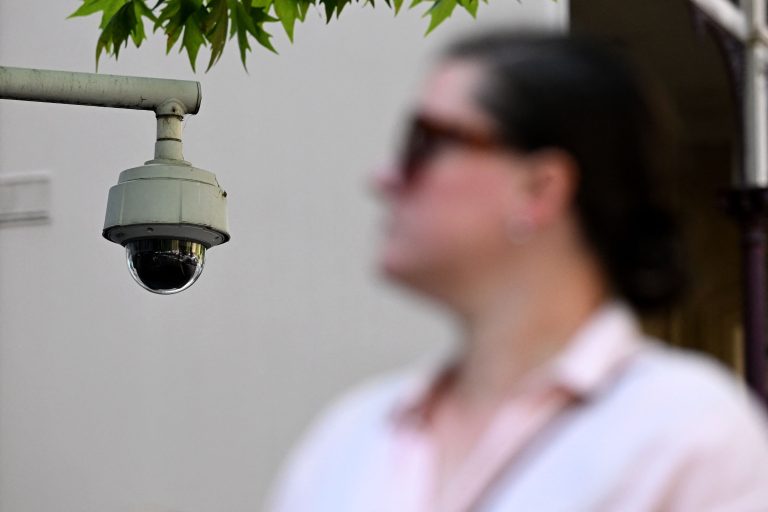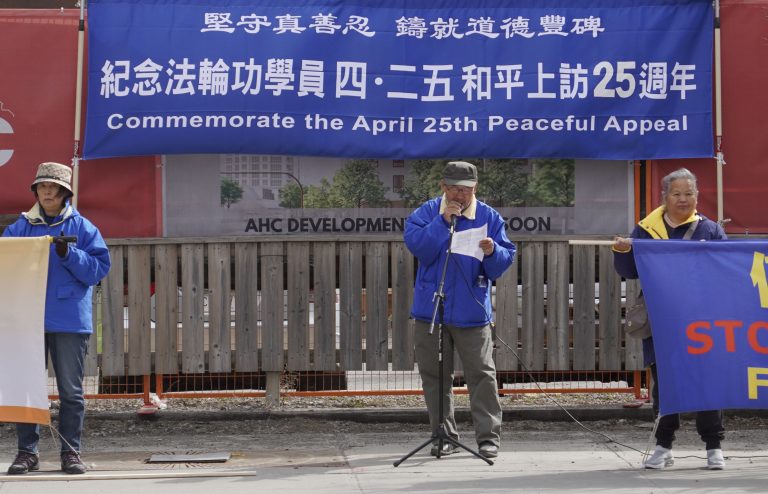The Australian defense ministry announced last week that it will be removing all Chinese-made surveillance equipment from its government buildings, citing a security risk. This move provoked Beijing, who decried the government’s decision saying it will “suppress” one of their companies.
Cameras out
The Defense Ministry’s plan to strip Chinese-made cameras came after an audit located at least 913 cameras operating in more than 250 Australian government buildings, al-Jazeera reported.
The audit was requested by cybersecurity spokesman James Paterson, six months after the Department of Home Affairs could not determine how many cameras were installed.
“We urgently need a plan from the… government to rip every one of these devices out of Australian government departments and agencies,” Paterson said.
The cameras were reportedly made by Hangzhou Hikvision Digital Technology and Dahua Technology Co, with several cameras found in a good number of departments.
Success
You are now signed up for our newsletter
Success
Check your email to complete sign up
Paterson also urged that the government should not support these companies “for ‘moral’ reasons”, citing their cooperation with Chinese intelligence agencies, the BBC reported.
“We would have no way of knowing if the sensitive information, images and audio collected by these devices are secretly being sent back to China against the interests of Australian citizens,” he added.
“It’s a significant thing that’s been brought to our attention and we’re going to fix it,” Australian Defense Minister Richard Marles said.
“It’s important that we go through this exercise and make sure that our facilities are completely secure,” Marles told ABC News.
The Australian Foreign Ministry is following the Defense Ministry’s lead and is planning to remove all Chinese-made surveillance equipment from its facilities.
“I’ve asked my department to accelerate the replacement of these cameras, the defense minister has asked Defense to make sure they’re removed and replaced,” Foreign Minister Penny Wong said on Feb. 10.
READ MORE:
- Scotland Purges China’s CCTV Surveillance System From Its Infrastructure
- US ‘Tech War’ Heaps Pressure on Xi and the CCP
- China’s Balloon Program a Threat to ‘Global Security,’ NATO Chief Says
The decision to remove the cameras followed similar measures by the U.S. and the UK to ban Chinese-made cameras in “sensitive sites” for fear that Beijing would obtain information collected by the cameras.
The U.S. government already blacklisted Hikvision and Dahua for supposedly being in league with the communist government for its “campaign of repression” against the Uyghur population in Xinjiang via “high-technology surveillance.”
Hikvision criticized the move, saying that it is “categorically false” to paint them as a threat to national security.
“No respected technical institution or assessment has come to the conclusion,” the company told AFP. “Our products are compliant with all applicable Australian laws and regulations and are subject to strict security requirements.”
Dahua has yet to comment on the measures taken by the Australian government.
Australian Prime Minister Anthony Albanese believes that there is no need for alarm over how China would respond to the removals.
“We act in accordance with Australia’s national interest, we do so transparently, that’s what we’ll continue to do,” he told reporters in Canberra.
According to the Guardian, Marles said that “significant issues” were found and the government plans to “fix” them.
“That [risk has] obviously been there, I might say, for some time and predates us coming into office but, that said, it’s important that we go through this exercise and make sure that our facilities are completely secure,” he said.
Relations between China and Australia have been strained since 2018, when the country banned Huawei from its 5G network. China countered with trade restrictions and tariffs on Australian exports.


















